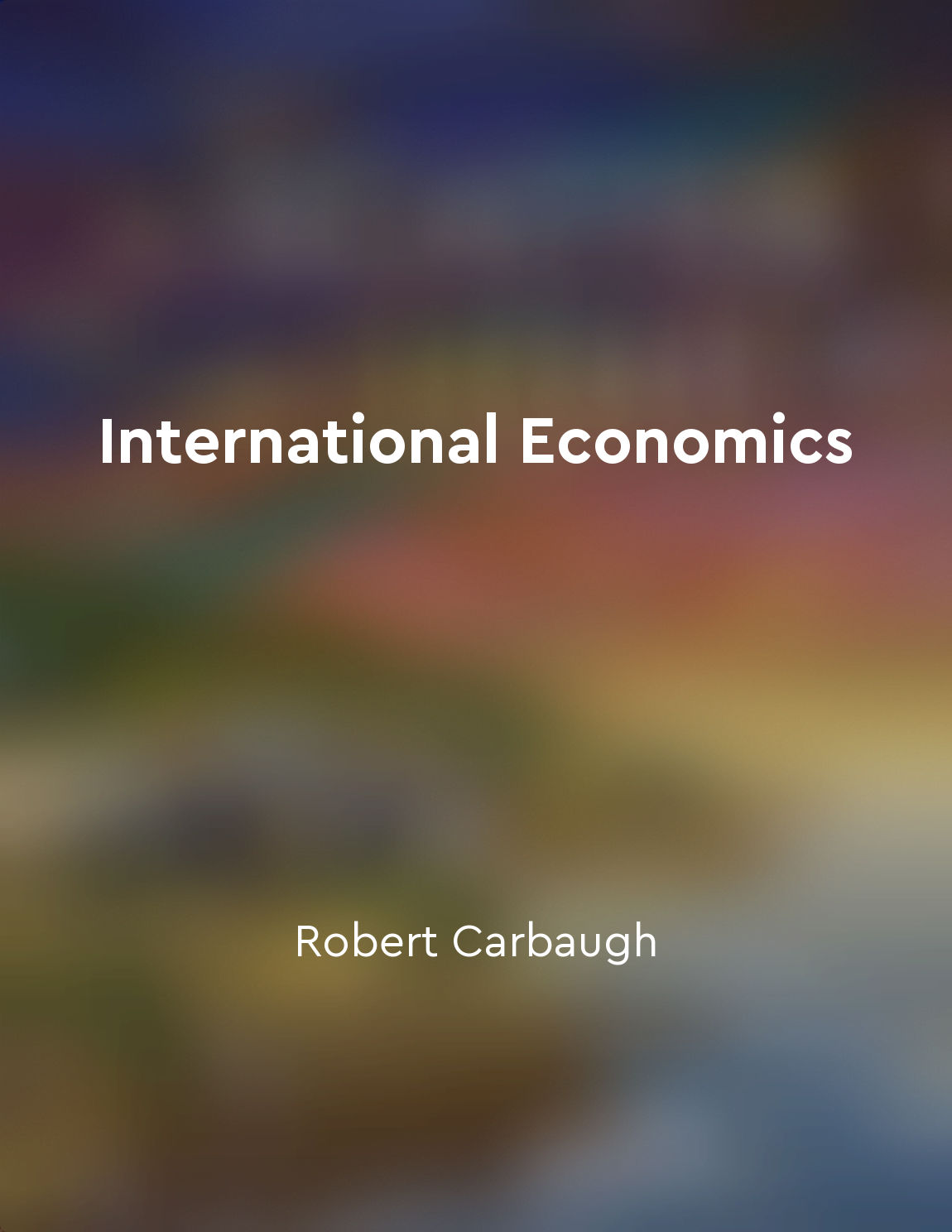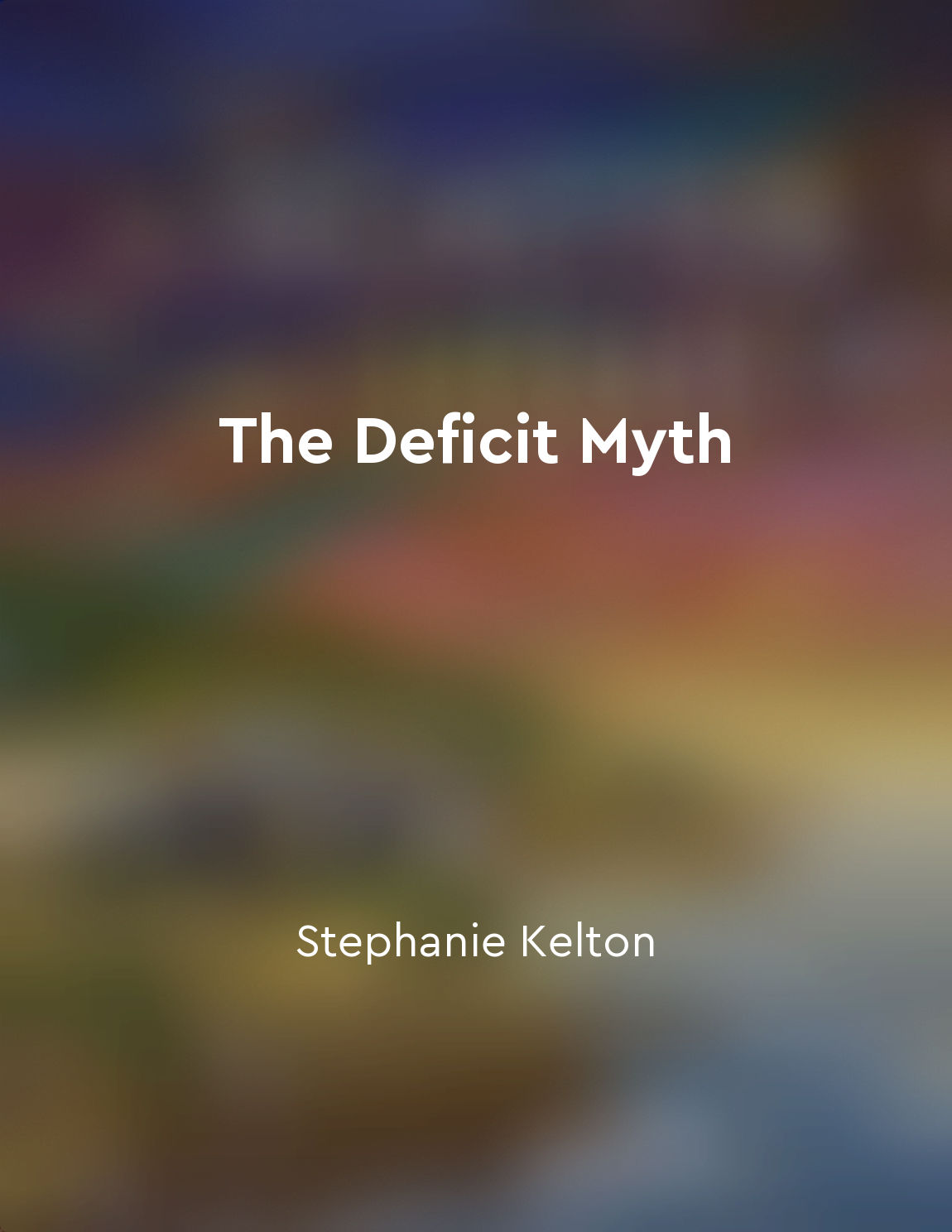Sticky prices cause shortterm problems from "summary" of EBOOK: Macroeconomics by Rudiger Dornbusch,Stanley Fischer,Richard Startz
Prices that do not adjust quickly to changes in supply and demand are called sticky prices. When prices are sticky, they can cause short-term problems in the economy. One reason for this is that sticky prices can lead to surpluses or shortages in markets, which can in turn lead to inefficient allocation of resources. For example, if the price of a good is sticky and does not adjust quickly to changes in demand, there may be excess supply in the market, leading to a surplus. This surplus can result in wasted resources, as producers are not able to sell all of their goods at the current price. On the other hand, if the price is too low due to sticky prices, there may be excess demand, leading to shortages and unmet consumer needs. Another way in which sticky prices can cause short-term problems is through their impact on wages. When prices are sticky, wages may also be slow to adjust. This can lead to imbalances in the labor market, with some workers being overpaid while others are underpaid. This can result in inefficiencies and reduced productivity in the economy. Furthermore, sticky prices can also have an impact on the effectiveness of monetary policy. When prices are slow to adjust, changes in the money supply may not have the desired effect on the economy. For example, if the central bank tries to stimulate the economy by increasing the money supply, but prices are sticky and do not adjust, the intended stimulus may not be fully realized.- While sticky prices are a common feature of many markets, they can cause short-term problems in the economy. These problems include inefficient allocation of resources, imbalances in the labor market, and challenges in implementing monetary policy. It is important for policymakers to be aware of the effects of sticky prices and take them into account when designing economic policies.
Similar Posts
Economic thought evolves over time
The evolution of economic thought is a central theme in the history of economic theory. Throughout the centuries, economists ha...

Balance of payments reflects a country's economic status
The balance of payments serves as a mirror reflecting a country's economic health and overall standing in the global economy. I...

The deficit myth is a barrier to achieving a better future for all
The deficit myth is a pervasive and harmful idea that has led us astray for far too long. It holds us back from achieving a bet...
You'll never get it perfect, so just ship it
The pursuit of perfection can be a never-ending journey. You can spend hours, days, or even months trying to perfect something,...
The role of the central bank is to manage a country's monetary policy
The central bank plays a crucial role in safeguarding a country's monetary stability through the management of its monetary pol...
Bitcoin has the potential to become a global reserve currency, replacing fiat money
The potential for Bitcoin to become a global reserve currency, replacing fiat money, rests on its unique properties as a form o...

Antitrust enforcement can hinder economic growth
The idea that antitrust enforcement can impede economic growth is a key theme in discussions surrounding antitrust policy. Prop...

Economic freedom promotes prosperity
The essence of economic freedom is to allow individuals to make their own choices and decisions regarding their economic activi...

Working capital management is essential for a firm's dayto-day operations
Working capital management is vital for a firm's everyday functions because it deals with the management of current assets and ...
German reparations
The idea of making Germany pay reparations for the damages caused during the war has been a topic of much debate. The Allied Po...

